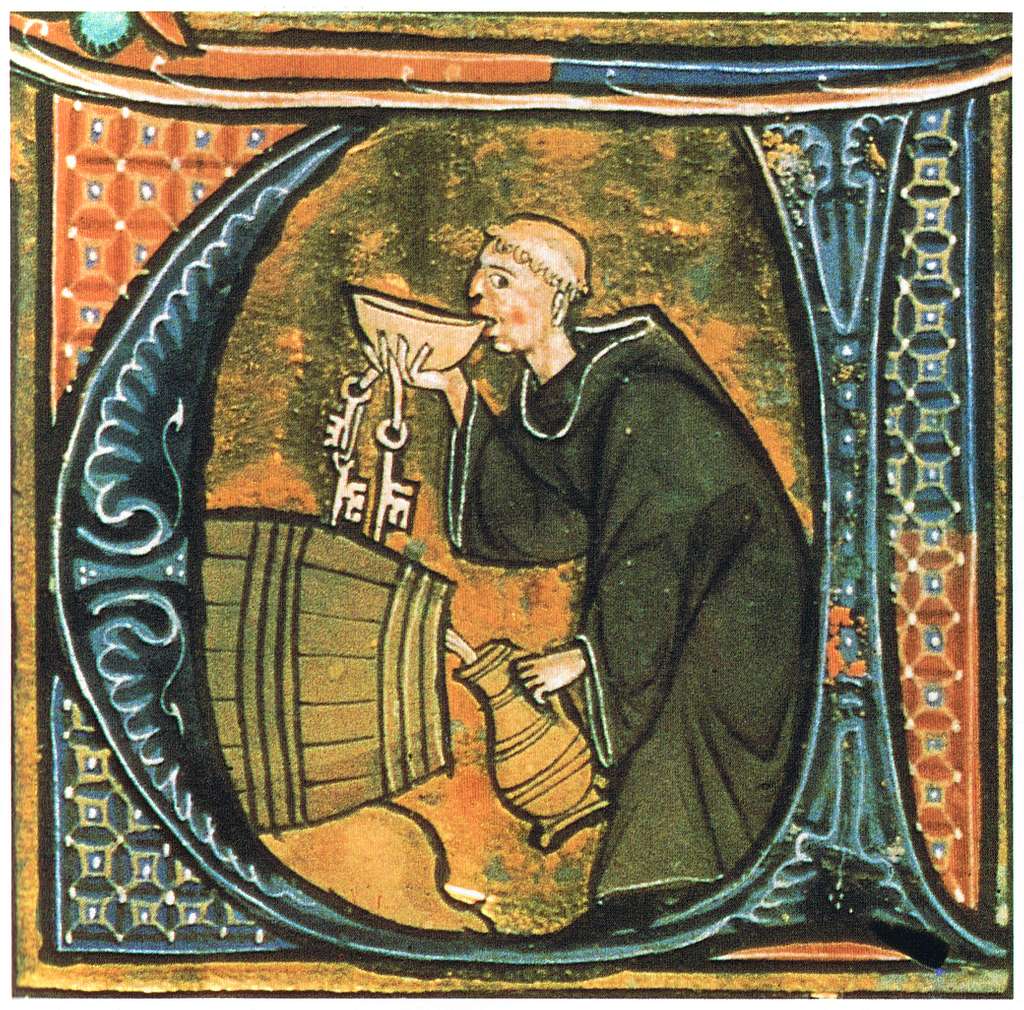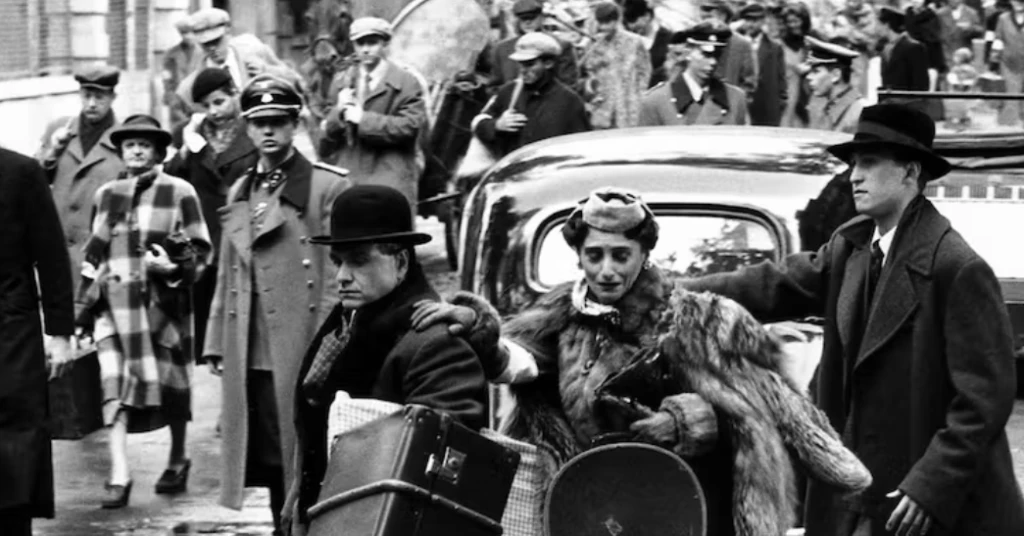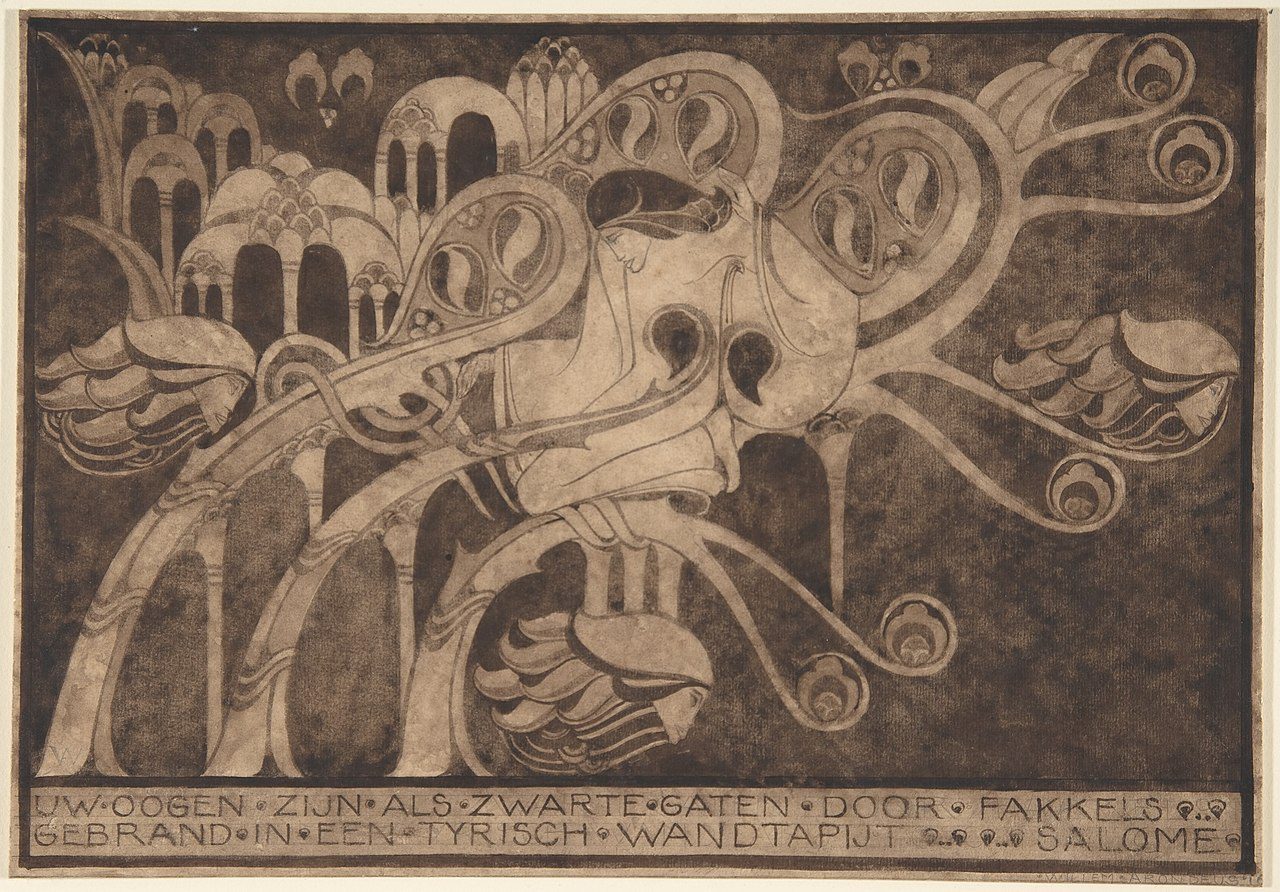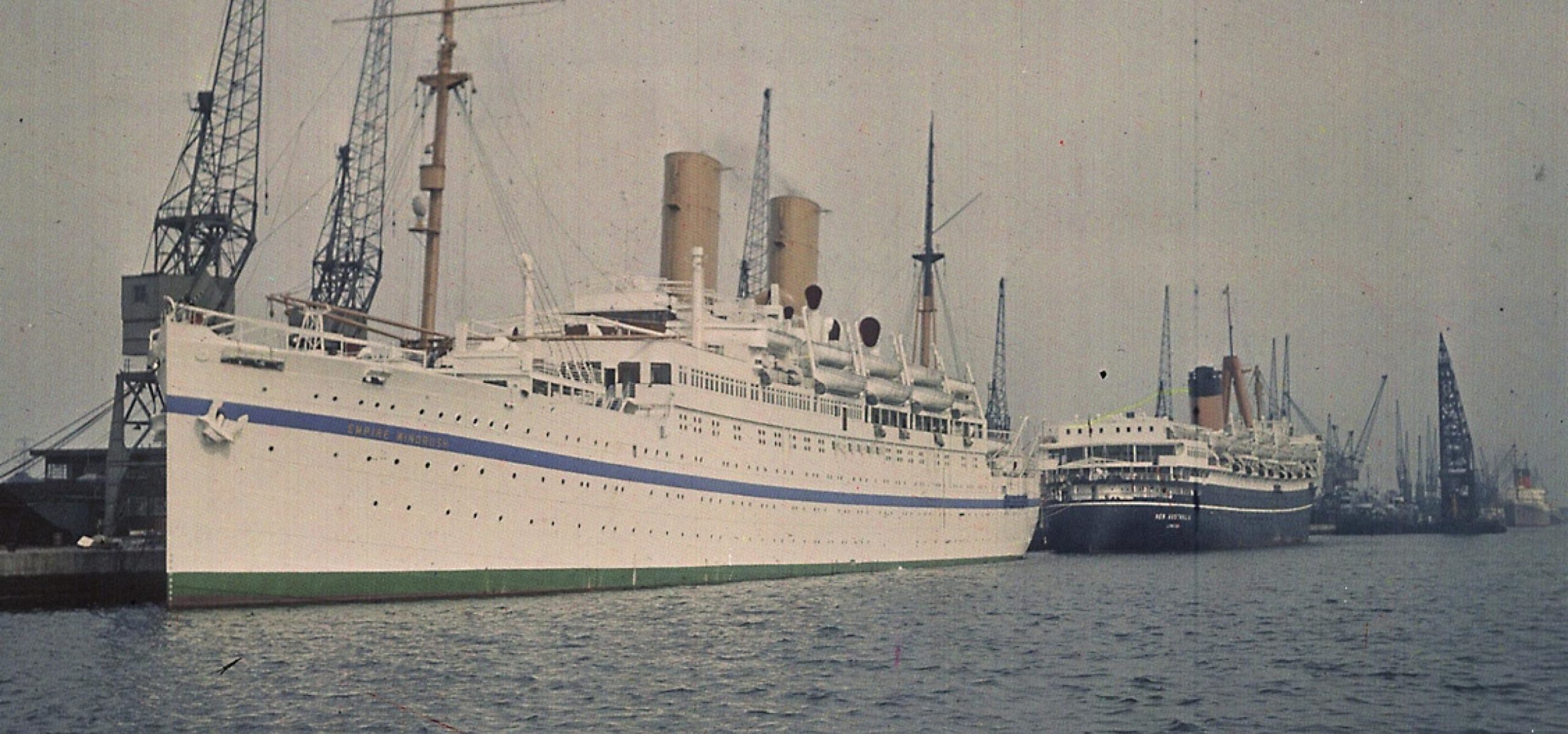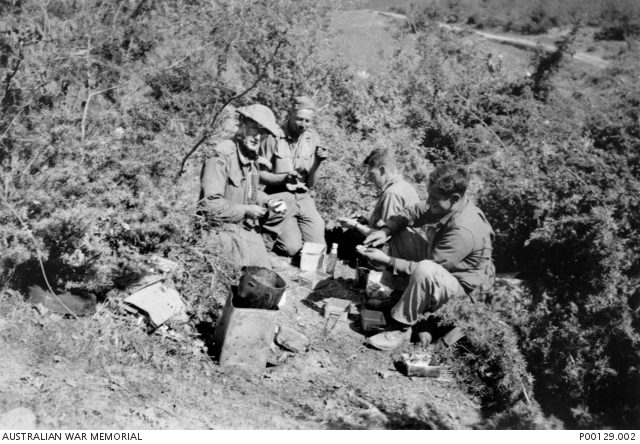
Remembering the Battle of Crete – 2025 Commemorations
This year is the 84th Anniversary of the Battle of Crete. The fighting around Rethymno will be commemorated in a series of events, listed below. 22nd May 2025 18:00 Memorial Service & reception at Armeni in the memory of the Greek Police General Stylianos Menioudakis (Armeni village, Municipality of Rethymno). 19:30 Memorial Service at the […]
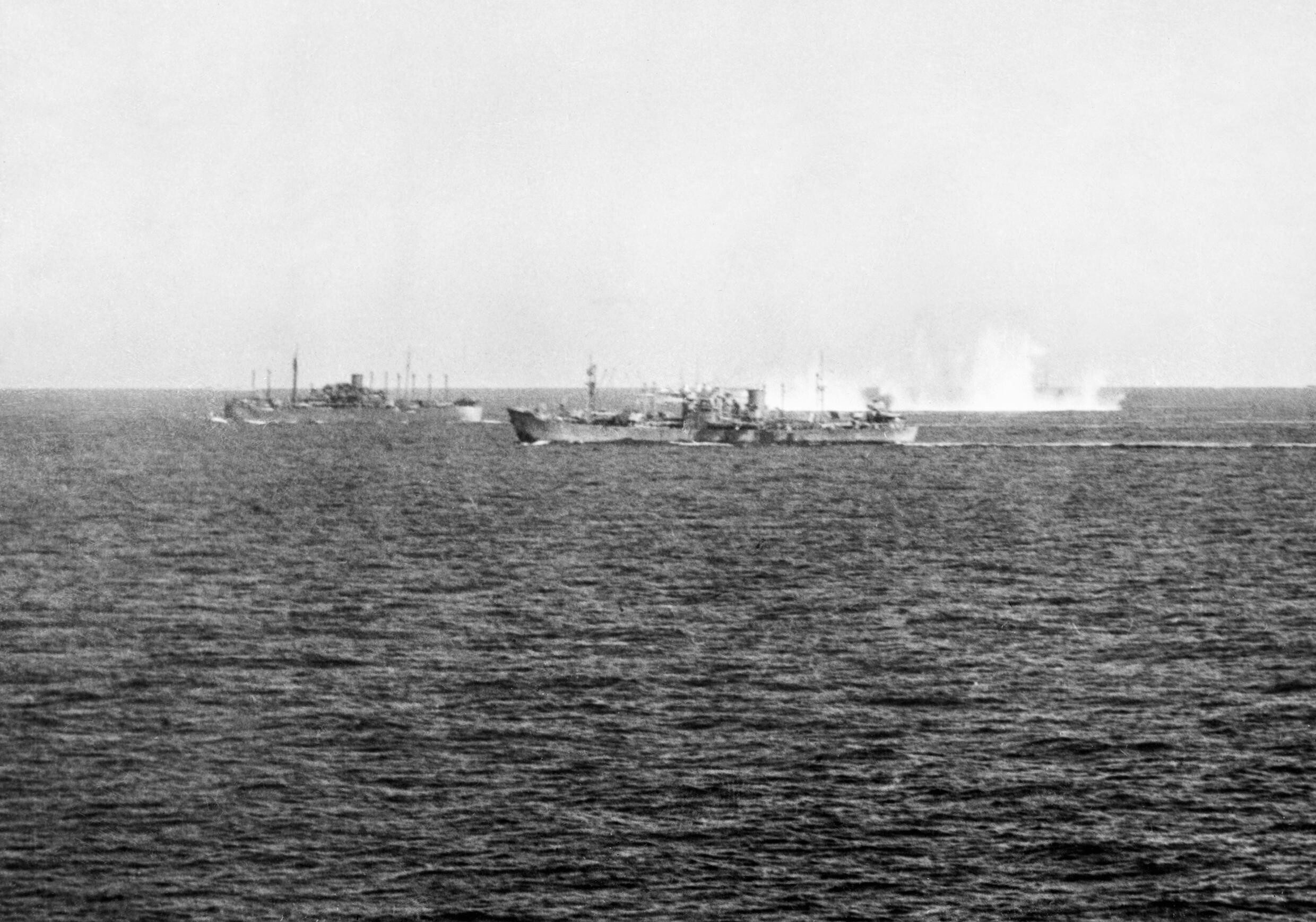
The Malta convoys: Australian sailors speak
Reading time: 7 minutes
The island of Malta, located in almost the exact centre of the Mediterranean, was an important depot and staging post for the Allied efforts in North Africa and, later, the invasion of Italy. As a result, the Axis forces bombed it relentlessly for years, something you can read about more in our article on the Siege of Malta through Australian eyes.
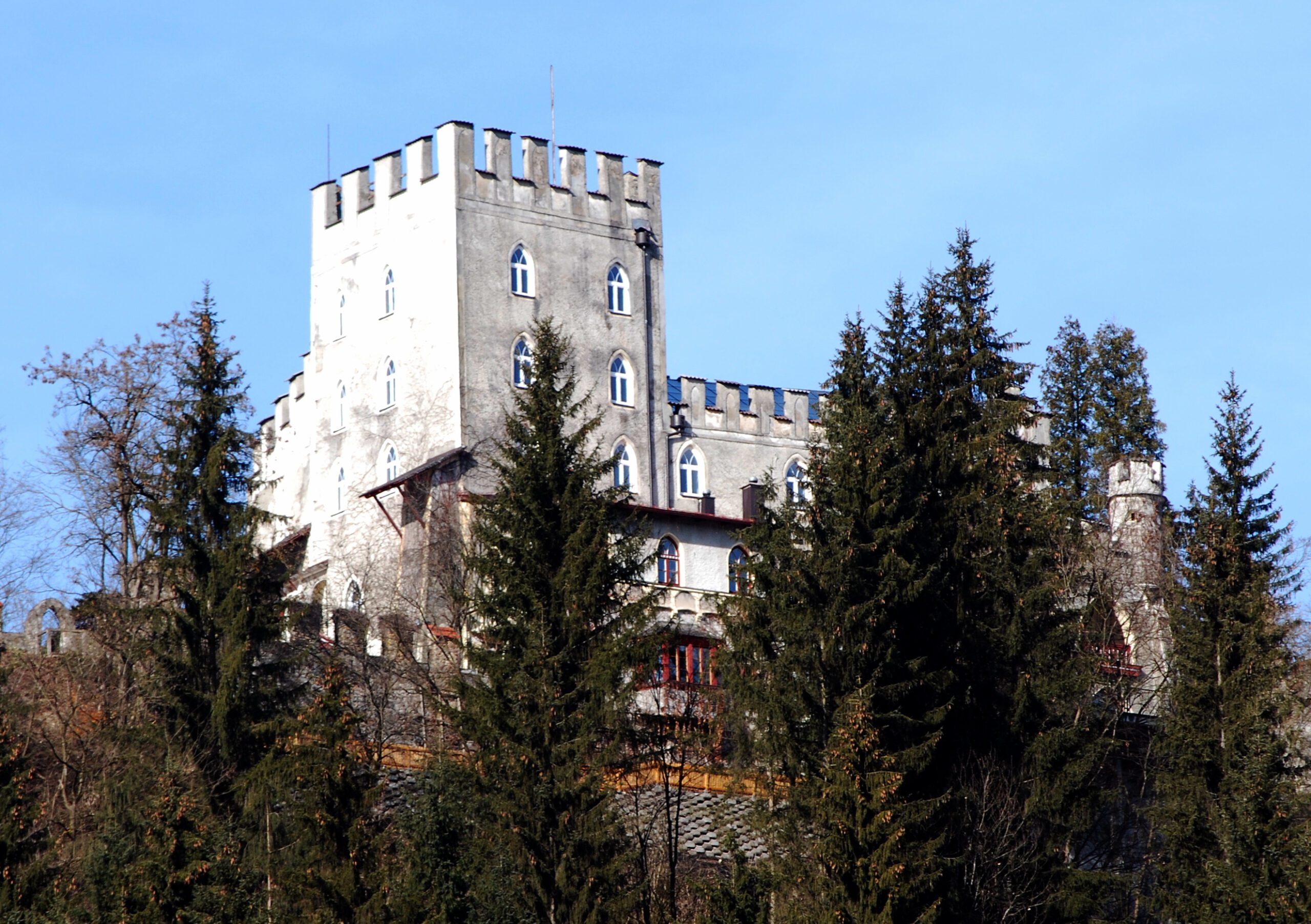
The Strangest Battle of World War II? Uncovering the Battle of Castle Itter
Reading time: 6 minutes
In the waning hours of the war, exactly five days after Hitler shot himself in his bunker, a bizarre battle would commence in a small Austrian town, just south of the German border.
Seven hundred years after its construction in the 1200s, Castle Itter would host a battle between the Waffen-SS (the Nazi party’s specialist paramilitary) and a combined force of defecting German Wehrmacht troops, American soldiers, Austrian resistance fighters, and various French political prisoners.
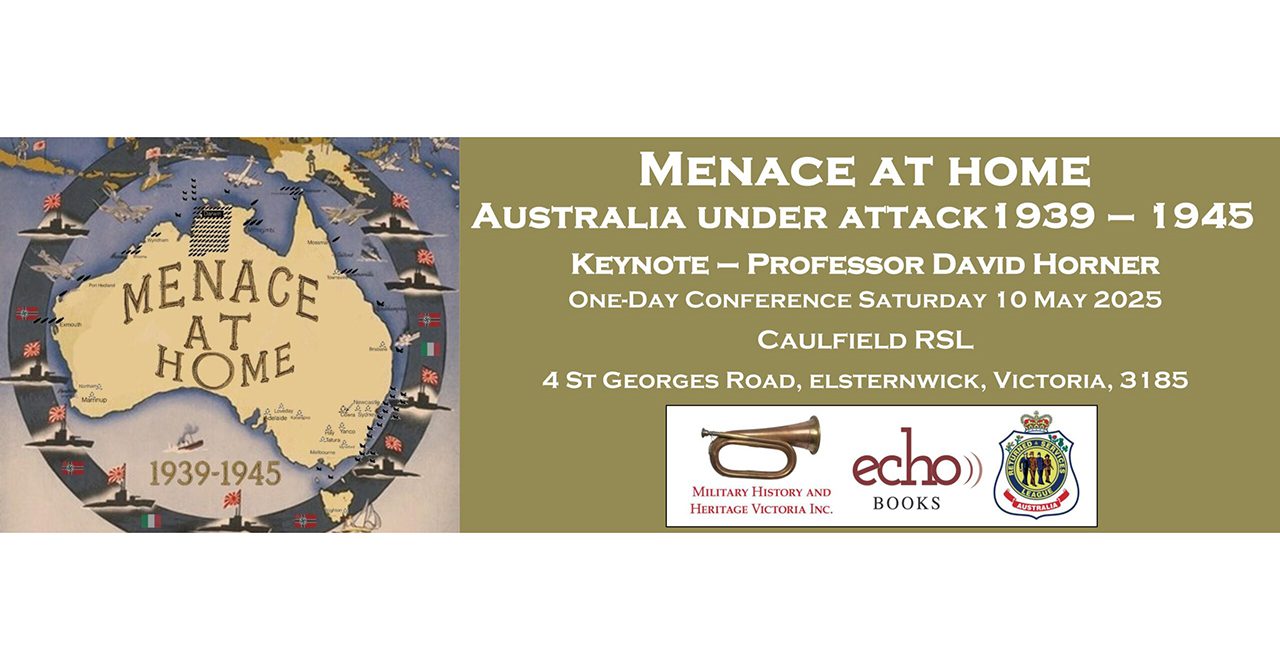
Menace at Home – Australia Under Attack 1939-1945 Conference – Melbourne 10th May
10th May 2025, from 9:00 am to 5:00 pm. This one-day conference will explore the numerous ways Australia was attacked during the Second World War. Between 1939 and 1945, over 1,800 enemy air raids targeted northern Australia, while the nation’s coastal waters were patrolled by raiders, sea mines, and submarines. People of various backgrounds—friends, foes, […]
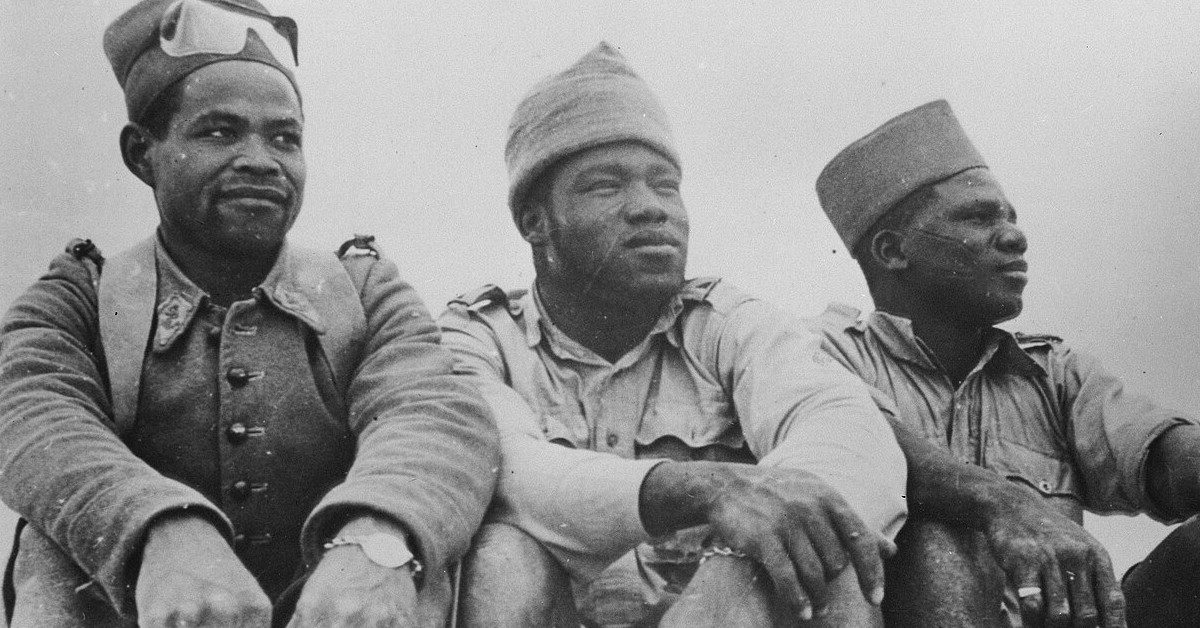
Free France was African: the Story of France’s African Soldiers in WW2
Reading time: 15 minutes
From a humble, precarious exile in London, Free France patched together from soldiers and sailors of the scattered French military under the leadership of General Charles de Gaulle. One of the most storied resistance movements in World War II, far-flung Frenchmen swelled in number until hundreds of thousands could return to liberate France in 1944.
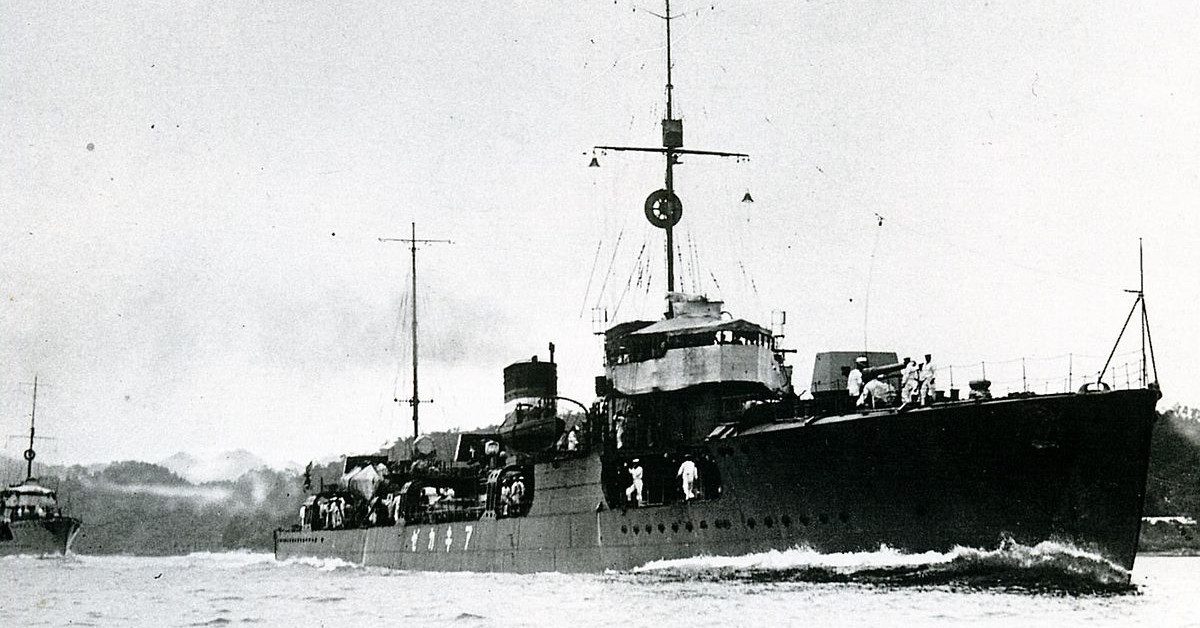
The Akikaze Massacre: the Japanese Navy’s Mass Murder in the Solomon Sea
Reading time: 12 minutes
When the Pacific War began in 1941, Japanese military planners had long recognised that they could not hope to win a protracted war against the United States, its likeliest and likely deadliest opponent in the Pacific. Instead, they pinned their hopes on a swift, devastating series of campaigns to seize strategic points.
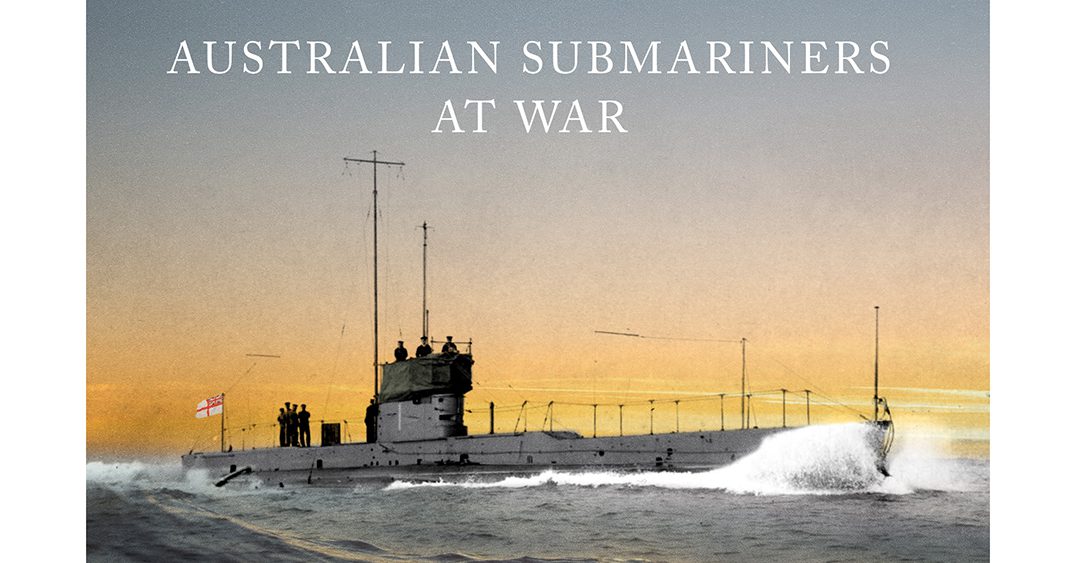
Dive! Australian Submariners at War by Mike Carlton – Book Review
Reading time: 4 minutes
Dive! opens with the best description of the development and implementation of submarine technology and doctrine I have ever read. This could easily be part of a broader history of submarines, Carlton has clearly done broad and extensive research and his writing effortlessly demonstrates his command of the topic.
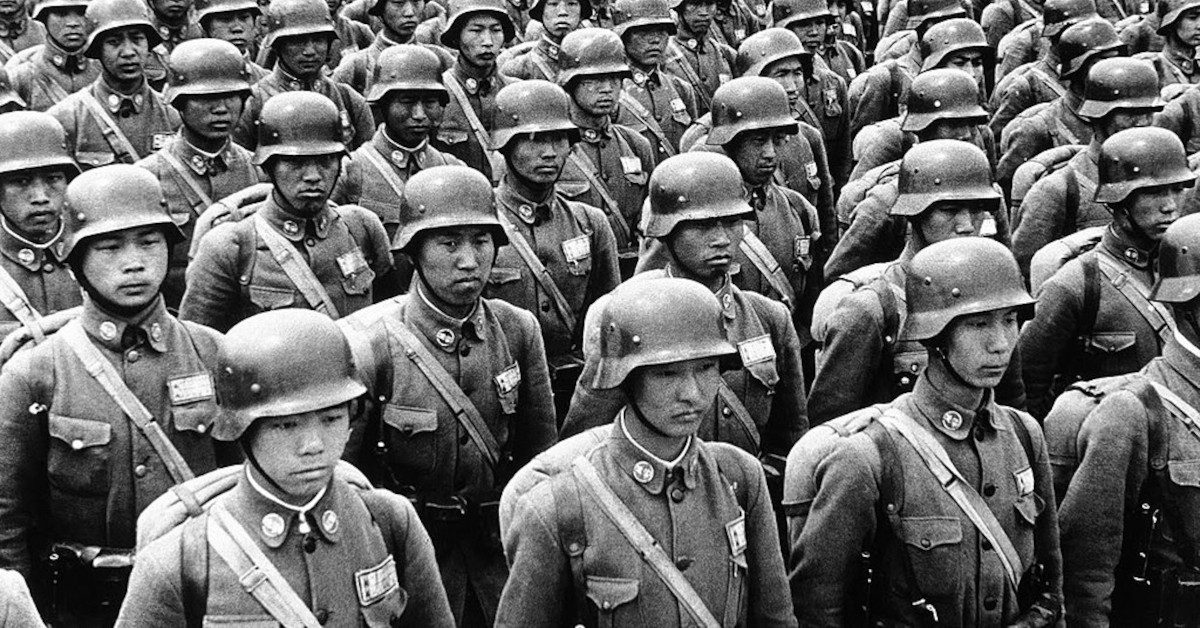
“IT WON’T DO TO PRETEND THAT WE ARE POWERFUL”: CHINA’S GERMAN-TRAINED ARMY
Reading time: 11 minutes
In 1926, a newly-unified China had millions of men under arms, but few who could wield them effectively. Determined to make the country ready to defend itself, Nationalist leader Chiang Kai-shek turned to an unusual ally.
For a decade, officers and experts from Germany’s Reichswehr oversaw the transformation of China’s army. While their plans were never fully realised, they had a significant impact on the war to resist Japanese invasion.
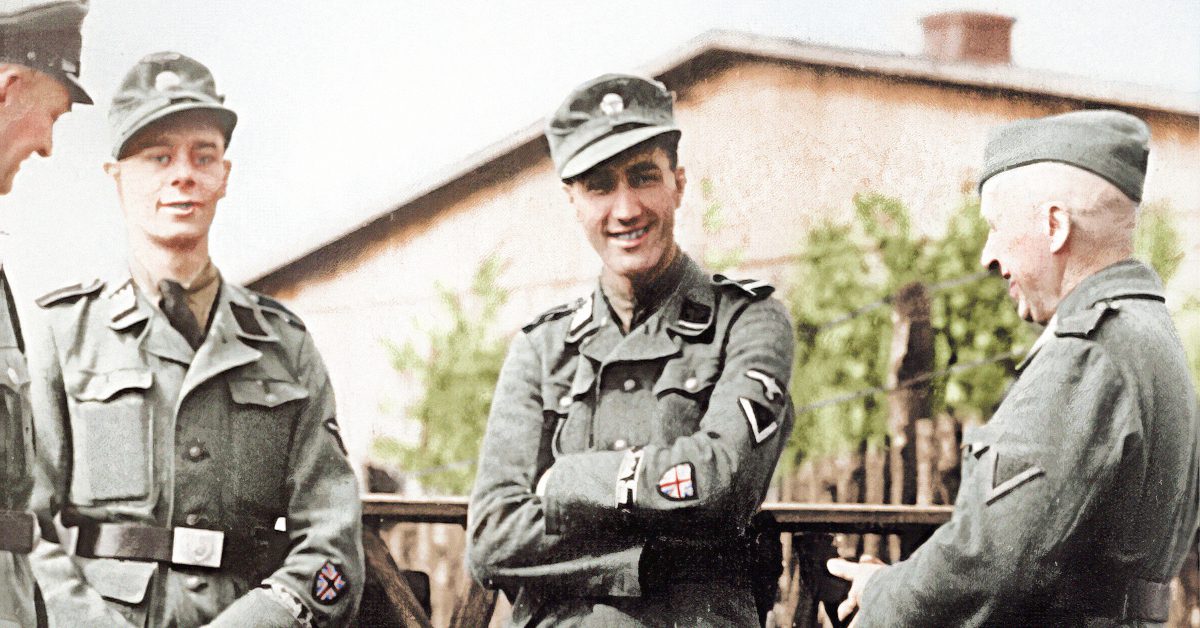
Traitors to King and Country: Inside the British Free Corps, Hitler’s British Legion
Reading time: 11 minutes
From the moment it took power, the Nazis ruled over a German state possessed of two armies. One was the inheritor of the imperial lineage of the First World War, and the second was the Waffen-SS, which grew from a tiny band of Hitler’s most hardened antisemites to a force of nearly a million men from over two dozen nations before its demise.
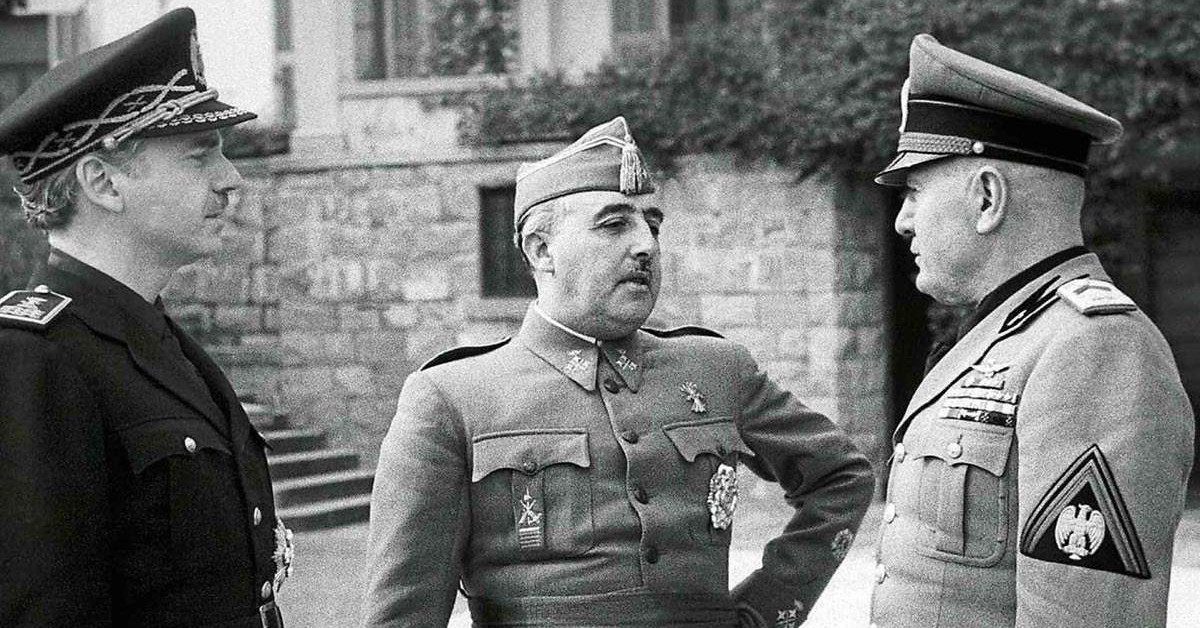
The Blue Division: Franco’s Soldiers on the Eastern Front
Reading time: 12 minutes
From 1939 to 1945, scarcely one of the 99 countries on Earth went untouched. Just 14 nations remained neutral throughout the Second World War, and even those couldn’t completely escape the gravity well of war.
Nor did they all want to. A prelude to the European war – bloody, massive, and unspeakably destructive – had played out in Spain from 1936 until just a few months before Germany invaded Poland in the fall of 1939.
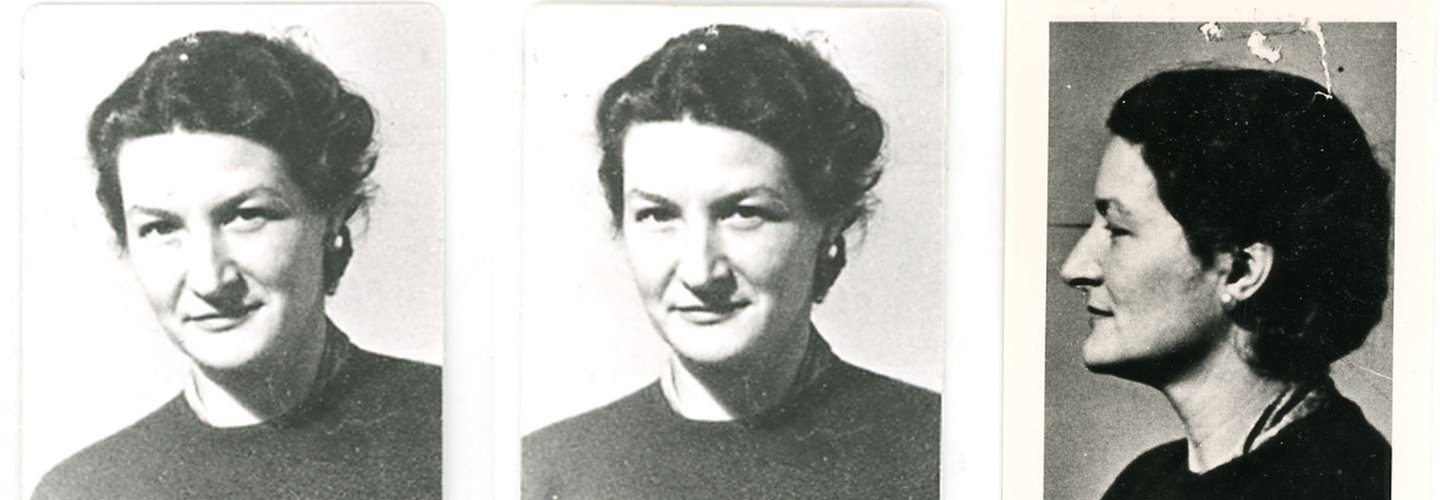
Virginia Hall, SOE Agent to CIA Pioneer
Reading time: 10 minutes
Virginia Hall (1906–1982) was an American woman who served with the British Special Operations Executive in France in 1941–1942. She then joined its US equivalent, the Office of Strategic Services, and became a founding member of the Central Intelligence Agency.
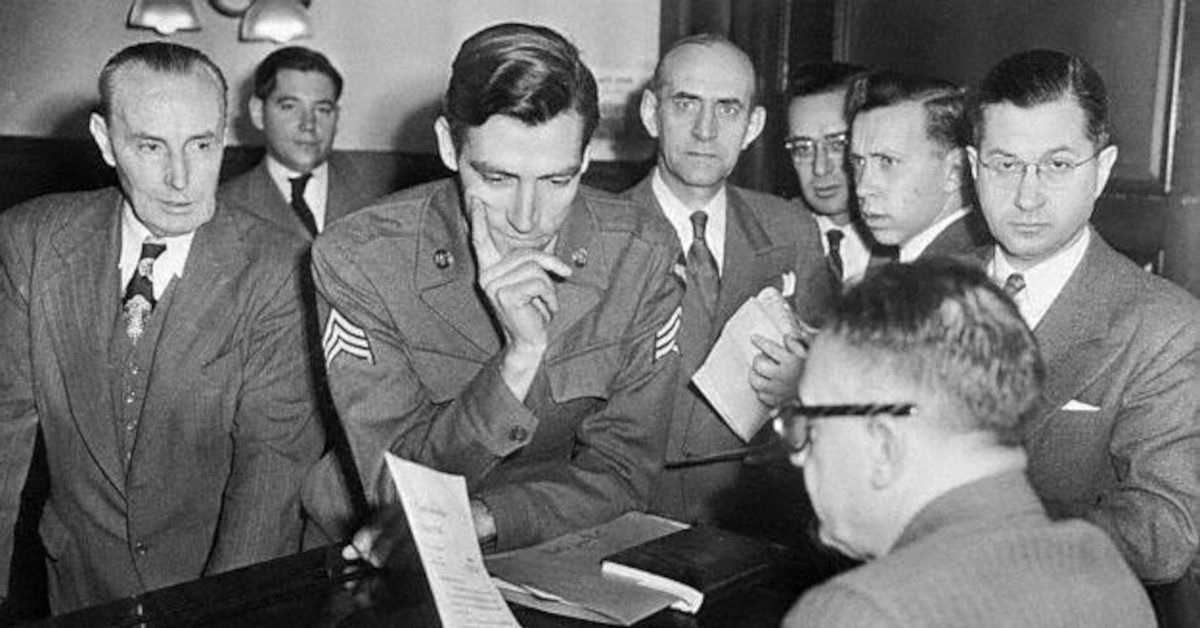
Lieutenant Martin Monti, the Only American Defector to the Waffen-SS
Reading time: 10 minutes
On May 8, 1945, a battered, broken Nazi Germany surrendered to the Allied armies which had crashed across its borders, fighting town by town to topple Hitler’s regime. Two days later, one of Germany’s strangest supporters surrendered, too.
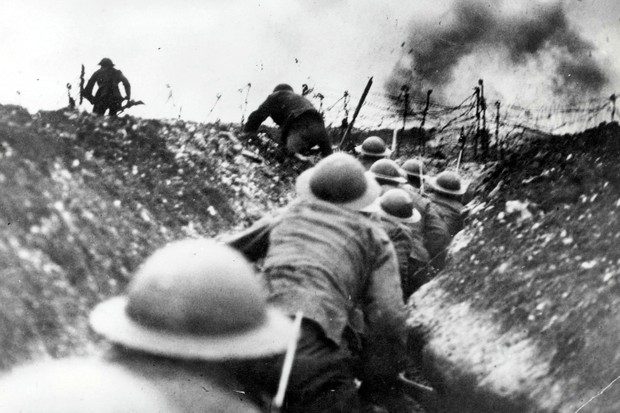
Ireland and the Battle of The Somme
Reading time: 8 minutes
The Somme was the first great action by a British Army on a continental scale. It was the longest, bloodiest battle of World War One, a campaign lasting four and a half months, and fought over a twenty-mile front near the Somme. In February 1916 Allied commanders had decided to launch an infantry offensive there,
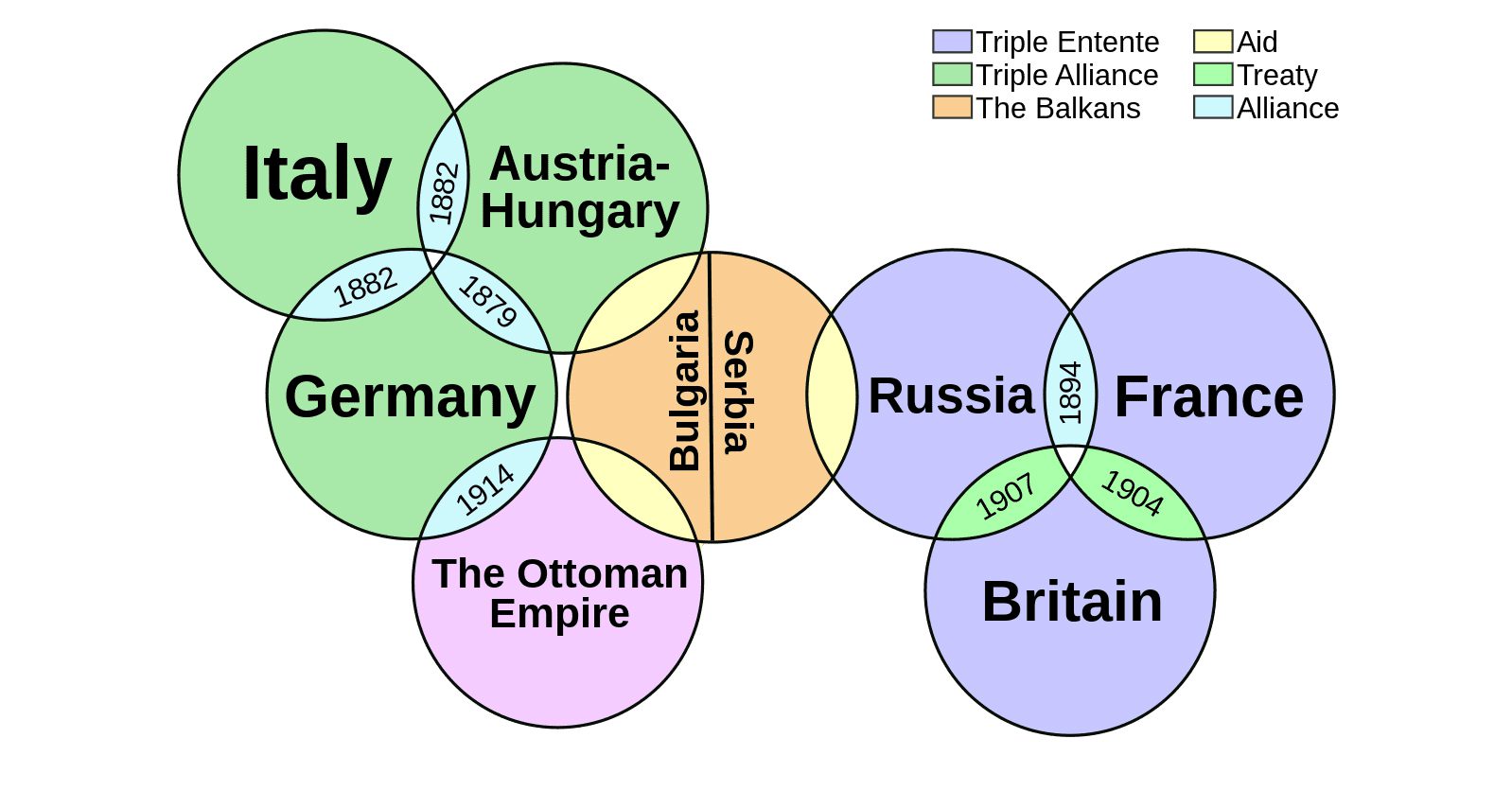
The debate on the origins of the First World War
Reading time: 5 minutes
The way historians have viewed the causes of WWI has changed in the hundred years since war broke out. This article explores the origins of the Great War.
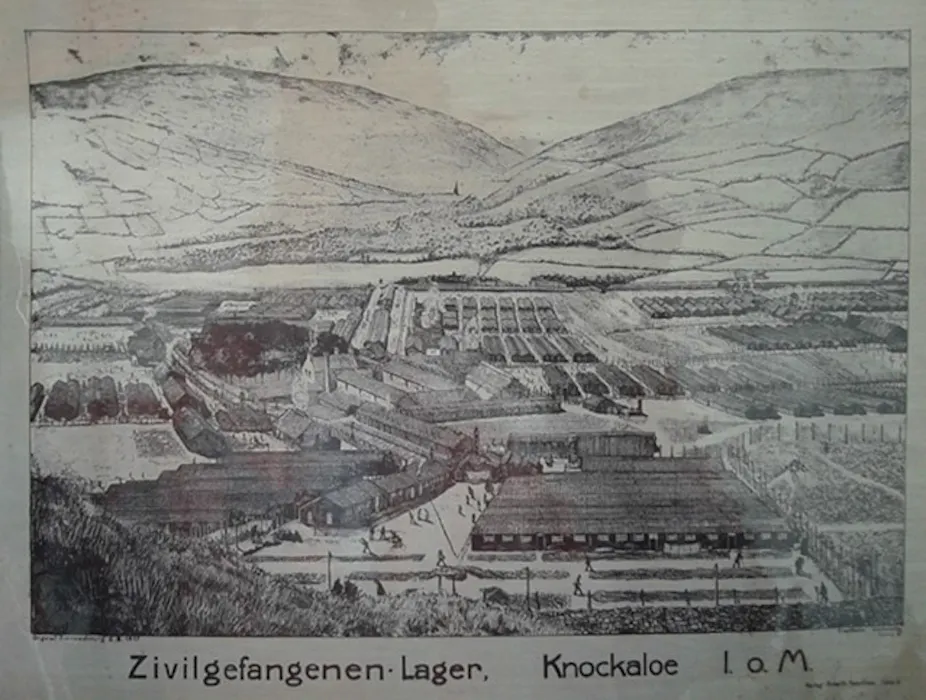
Forgotten: Britain’s civilian mass prison camps from World War I
Reading time: 6 minutes
In 1914, Britain stood at the forefront of organising one of the first civilian mass internment operations of the 20th century. 30,000 civilian German, Austrian and Turkish men who had been living or travelling in Britain in the summer of that year found themselves behind barbed wire, in many cases for the whole duration of World War I.
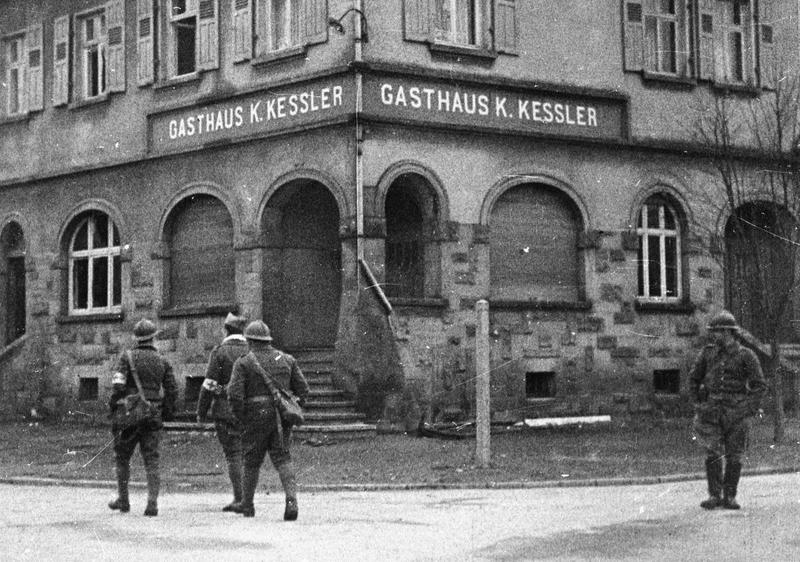
The Saar Offensive 1939: When France invaded Germany
Reading time: 7 minutes
In September 1939, as German armies overran large swathes of Poland far to the east, the French launched an offensive of their own. Their goal was to capture the Saarland, the area between the French border and the German Siegfried line and force the Germans to transfer divisions away from Poland. The Saar Offensive of 1939 had begun.

How German PoWs staged their greatest World War I escape from a camp now part of a British university
Reading time: 5 minutes
Escape was a romantic ideal rather than a rational expectation. Gunter Pluschow, who escaped from another PoW camp at Donington Hall, in Leicestershire, was the only German to make it home in World War I, largely because he managed to adopt a disguise and stow away on board a cargo ship at Harwich.
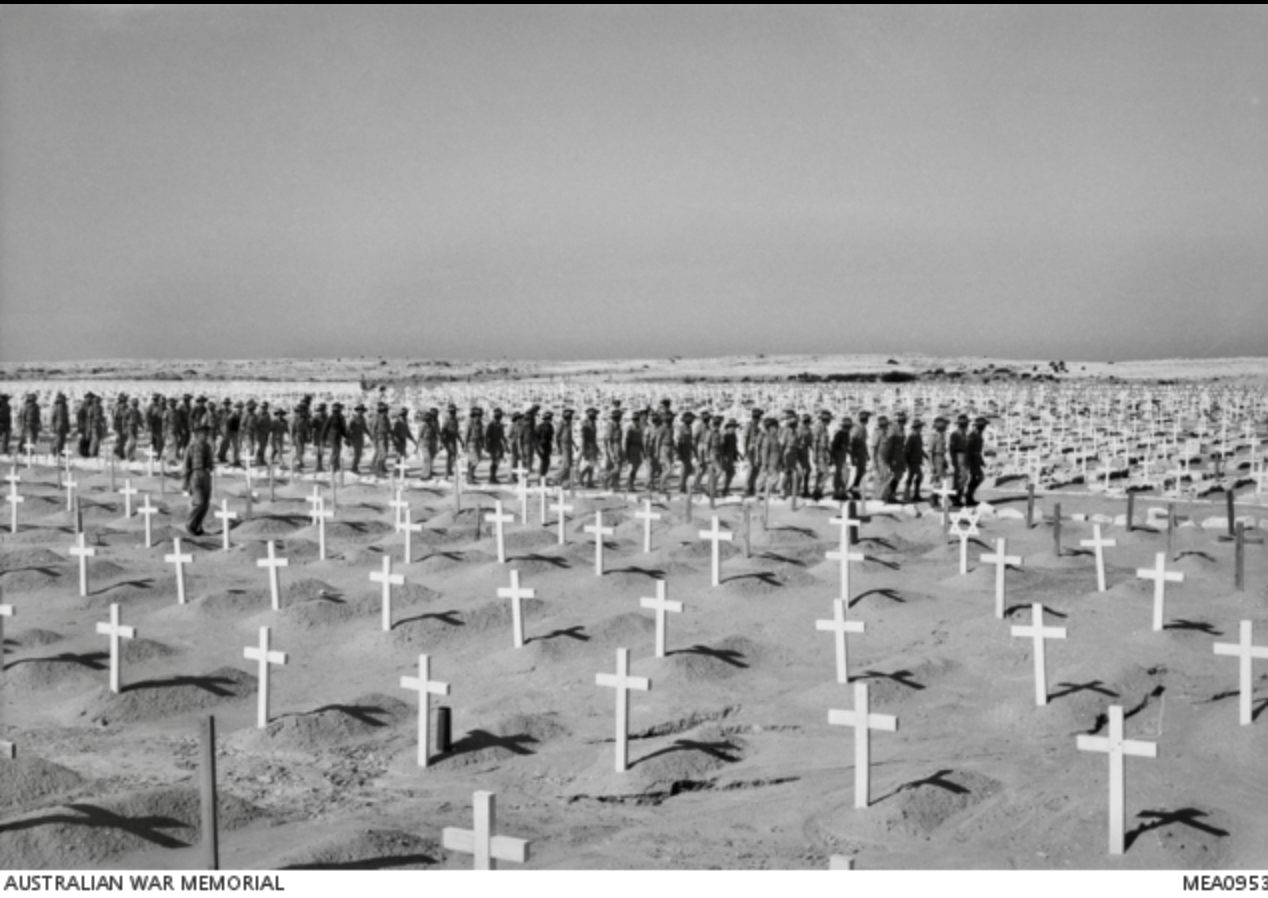
Remember El Alamein
Reading time: 5 minutes
Exactly 75 years ago, Australians dressed in steel helmets and khaki shorts, and often not much else, sat in weapon pits in the Egyptian sun about 120 kilometres west of Alexandria. They were preparing for what history would call the second battle of El Alamein, the great offensive planned by Lieutenant-General Bernard Montgomery. In the summer heat of July 1942, his predecessor, Archibald Wavell, had held the German–Italian drive towards Egypt, a battle in which the 9th Australian Division had played a notable part. Now, after gathering more troops, tanks and guns, Montgomery was ready to launch his Eighth Army against General Erwin Rommel’s Panzer Armée Afrika, a commander and a force admired and respected even by their adversaries.
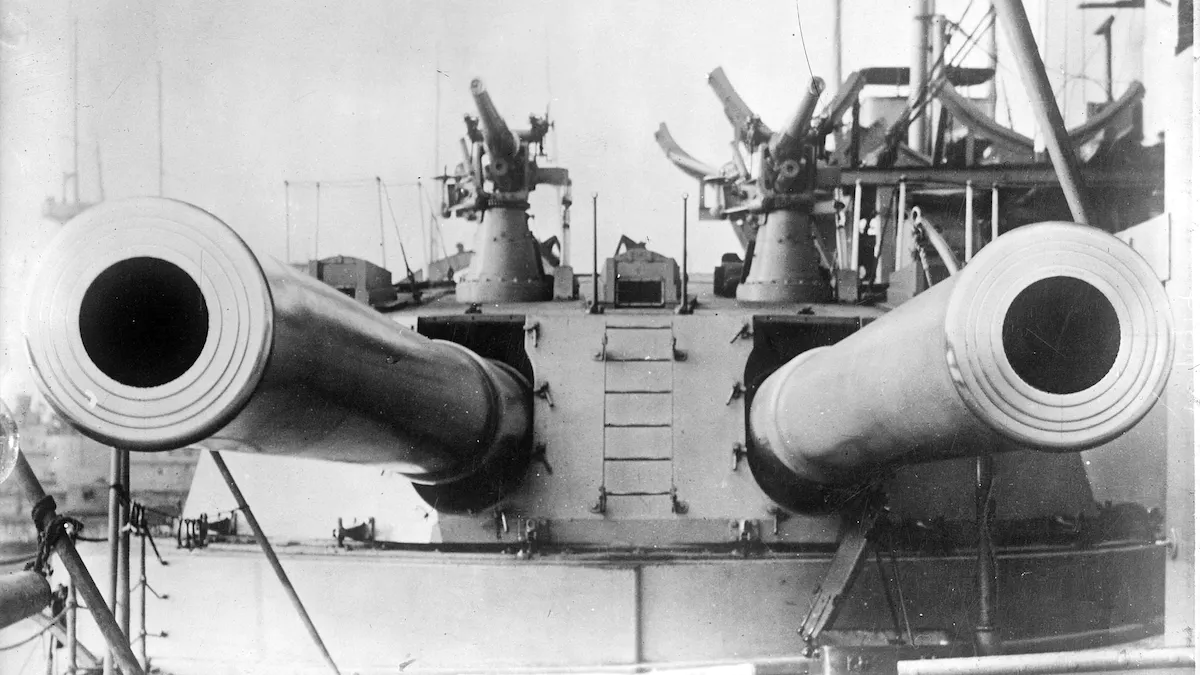
Maths swayed the Battle of Jutland – and helped Britain keep control of the seas
Reading time: 5 minutes
If you’re about to fight a battle, would you rather have a larger fleet, or a smaller but more advanced one? One hundred years ago, on May 31 1916, the British Royal Navy was about to find out if its choice of a larger fleet was the correct one. At the Battle of Jutland – as the major naval battle of World War I is known in English – these choices were unusually influenced by mathematics.

